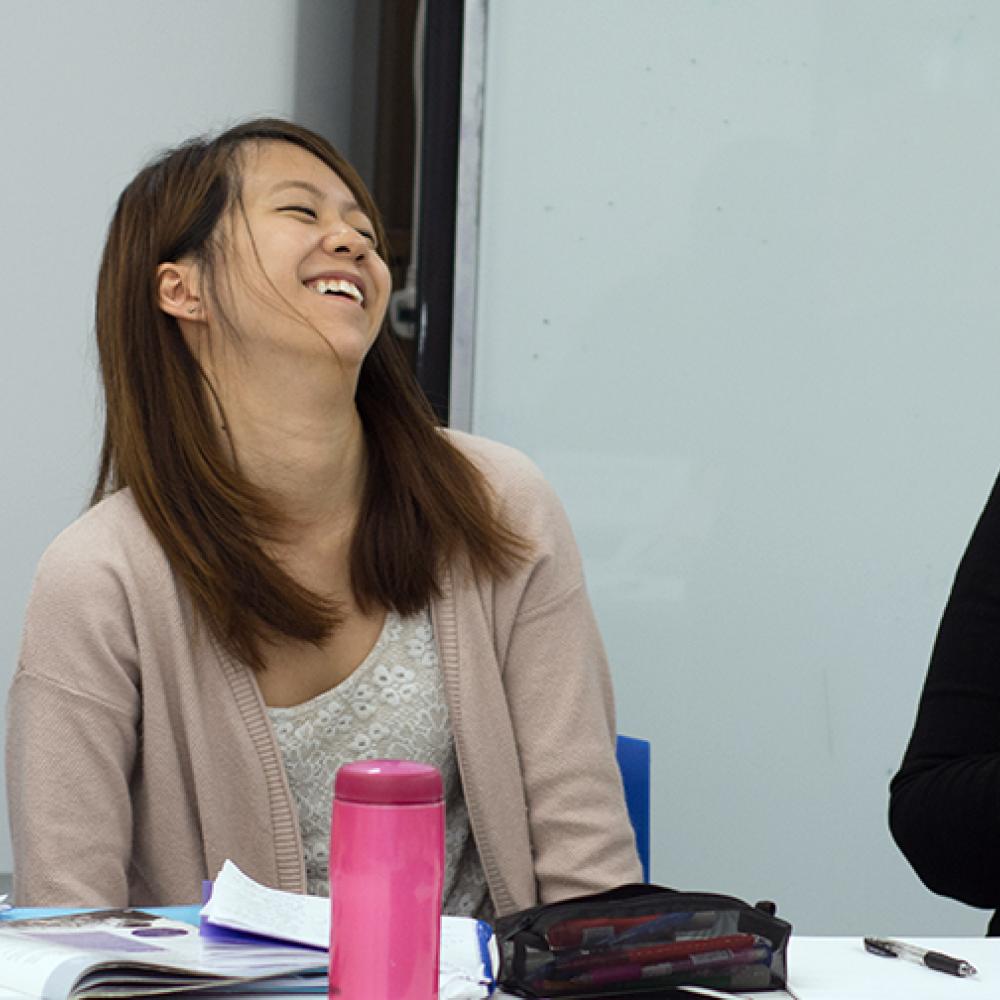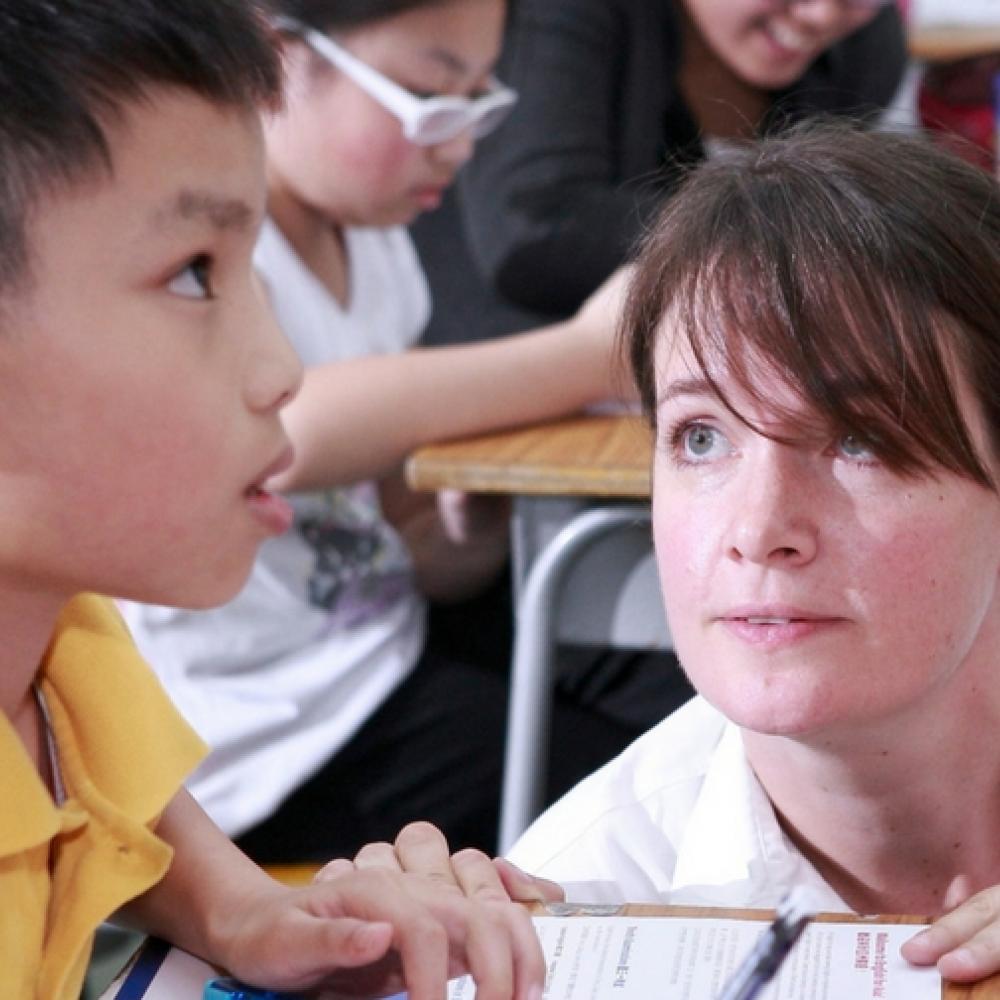TESOL Masters
5 ways the DipTESOL will take your TEFL career to new heights


Gamification in English language teaching: more than child's play


How to teach intonation


English or Englishes: are varieties of English important for learners?


5 essential websites that every English teacher needs


Why the English Language Teaching industry needs a #MeToo campaign


Using authentic materials in the ESL classroom


Inclusive education: something we all need to talk about (part 1)


Those who can, teach. Those who can't, sprout meaningless idioms


Mistakes to avoid with your career: 5 things I wish I'd known when I started teaching


5 things you learn by becoming a teacher


Don't teach your students what to learn, teach them how to learn

